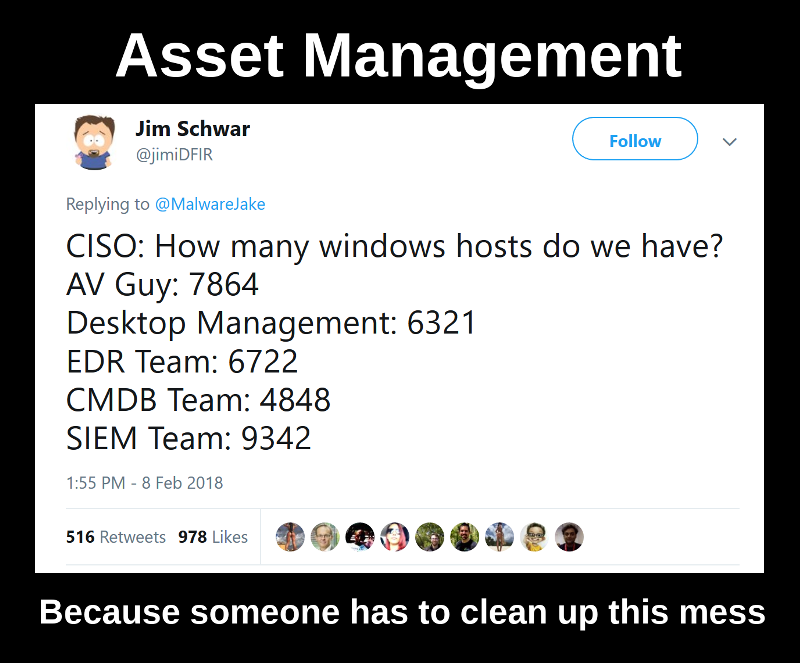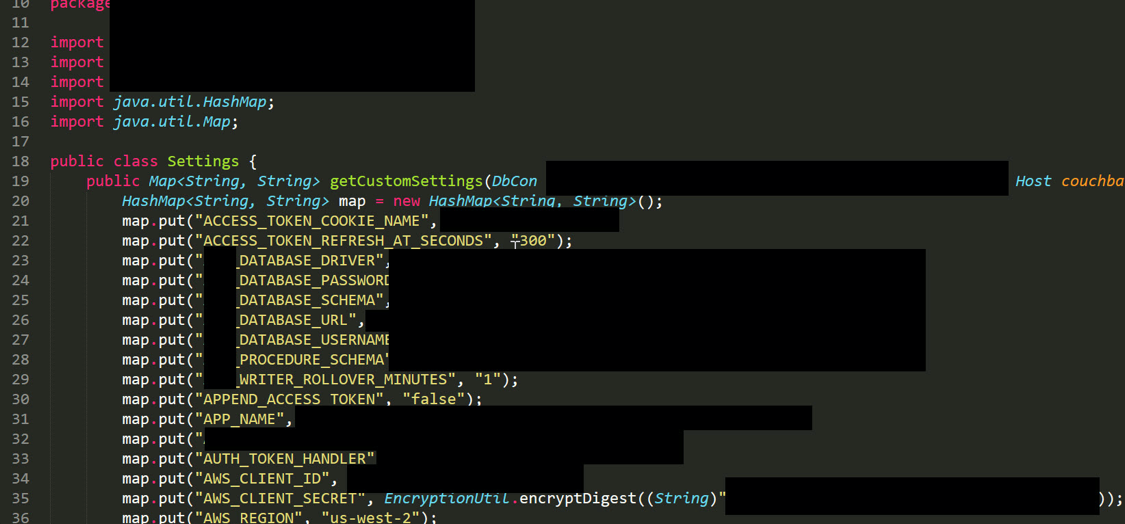How to get Antivirus-related Data from Microsoft Defender for Endpoint using Intune and Graph API. Hello everyone! In this episode, I would like to tell you how I tried to get automatically antivirus-related data (current status, engine and signature version, last full scan date) from Microsoft Defender for Endpoint using Microsoft Intune and the Graph API.
Why is this necessary?
You might assume that if the Defender for Endpoint agent is installed on the host, everything should be fine automatically. But in fact, the antivirus engine and signature versions may be outdated, real-time protection may be disabled. And so all this needs to be monitored.
Grapf API
This will be the third episode about Microsoft Enterprise Security APIs. The first was about Defender and Defender API, the second was about Intune and the Intune API. And today I’m going to talk about the Grapf API, which should probably replace all the other APIs and should be more logical and easier. Although in my opinion it is even strangier and poorly documented. I didn’t like it.


 Illustration from
Illustration from